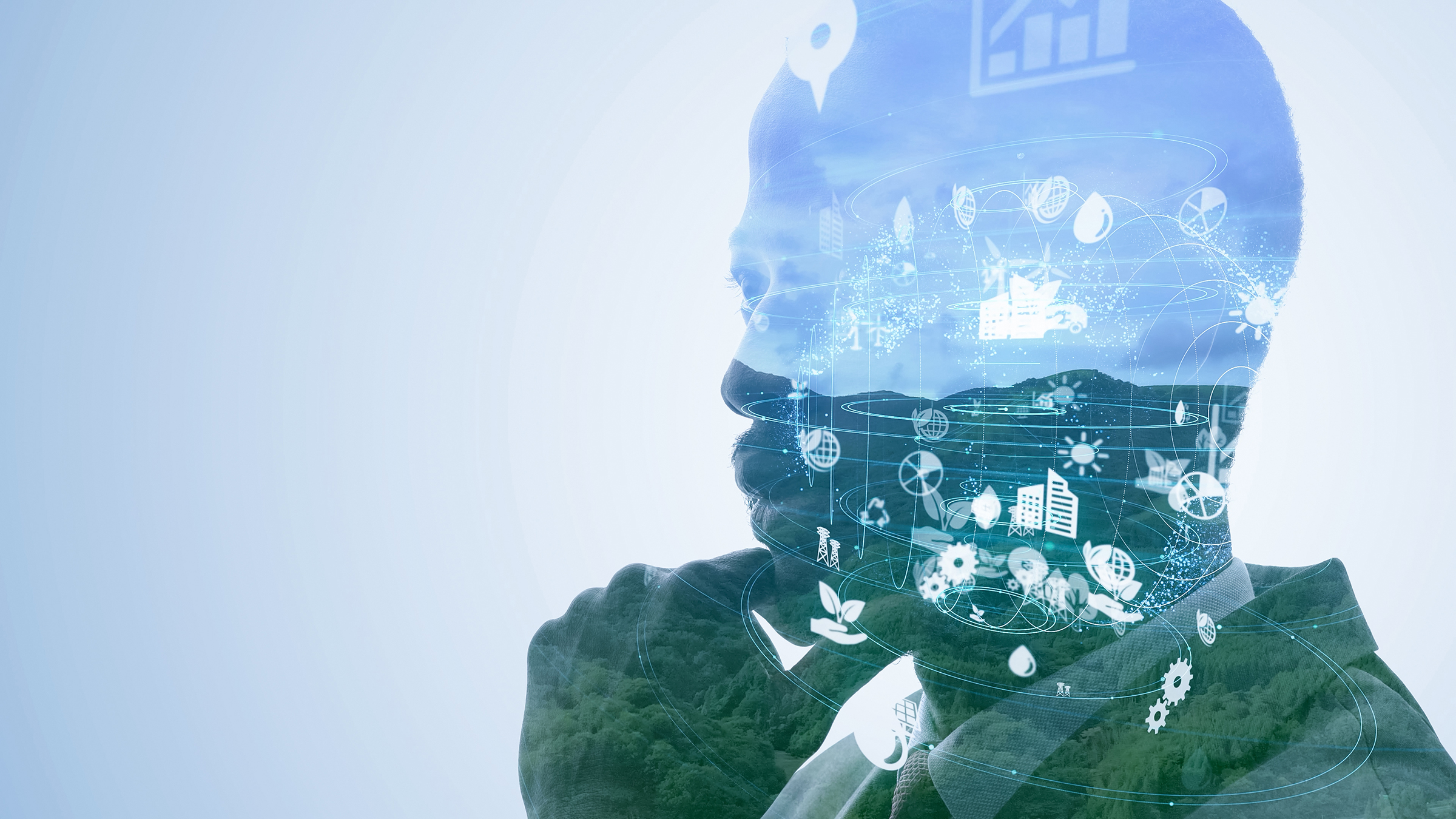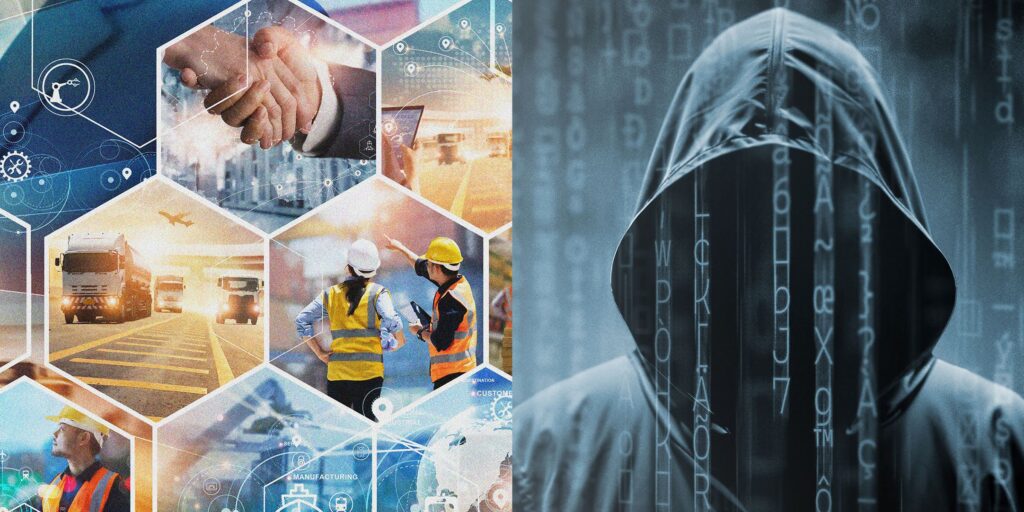At the end of 2021, IFS hosted its Change for Good awards at COP26 in Glasgow to celebrate the difference and impact our customers are having within the communities they serve. Winners spanned from a global jet engine maker radically improving efficiency for all its commercial aviation customers, through to a manufacturer now using recycled shoes as a main ingredient of its supply chain.
Most companies recognise that sustainability is a journey; operating a more sustainable business must be the place to start and these examples are tangible and are making a real difference today to the environments we live in, and there are lessons we can take from our industry too.
Whilst COP26 may get remembered for the ‘blah blah blah’, it did see major countries make hard commitments – arguably with some questionably long-time frames. But the process of making commitments that you are then accountable for is an important step in driving change.
I put it to you that all companies in our world of enterprise software need to be making a difference on three fundamental levels:
Call ourselves to account
At a company-wide level, functionally and personally, there is no justification for an organisation not to be reducing its carbon emissions by optimising office footprints, changing travel policies and sourcing responsibly throughout its supply chain. Individual departments can make a difference by questioning processes and habits too (from printing and posting, to flying). And individually, there are day-to-day choices we can all make that ultimately have a profound collective impact.
Empower customers
How fortunate are we to work in a sector where we can exponentially empower hundreds of thousands of businesses, our customers, with the right insights and controls to measure, manage and report on sustainability change? We all know technology can have a profound effect so the question is: how can you empower all your customers, at pace, with the right tools and capabilities so we can together achieve a multiplier effect? This might involve some tough short-term commercial decisions and resource prioritisation, but the long-term benefit is powerful.
Collaborate at an industry level
It’s just not good enough for us to tolerate fickle ‘sustainability initiatives’ that are created to tick a box so that business as usual can carry on. One vendor’s pledge was to plant a tree for every one of their customers – forgive me but we need accountability, and this is not it. No matter the size of our businesses, we must aspire to more and better. There is a groundswell of appetite for change from employees, customers and partners alike – not embracing it would be foolish.
One vendor’s pledge was to plant a tree for every one of their customers – forgive me but we need accountability and this is not it
The economist Milton Friedman, published a famous article in The New York Times in 1970 titled ‘A Friedman Doctrine: The Social Responsibility of Business is to Increase its Profits’. It was a model that underpinned the business world for the best part of 50 years. Whilst its power is fading as businesses increasingly decide to focus on environmental, social and governance (ESG) endeavours, the premise behind sustainability building long-term growth remains. Now more than ever it makes business sense to drive this change – the compelling commercial benefits are adding up too: be it access to capital at more attractive rates, the ability to reduce expenditure, or optimising your supply chain.
But ultimately don’t fall short of valuing the cost of being able to attract and retain more customers and employees because of your actions. Doing the right thing makes sense on every level.




